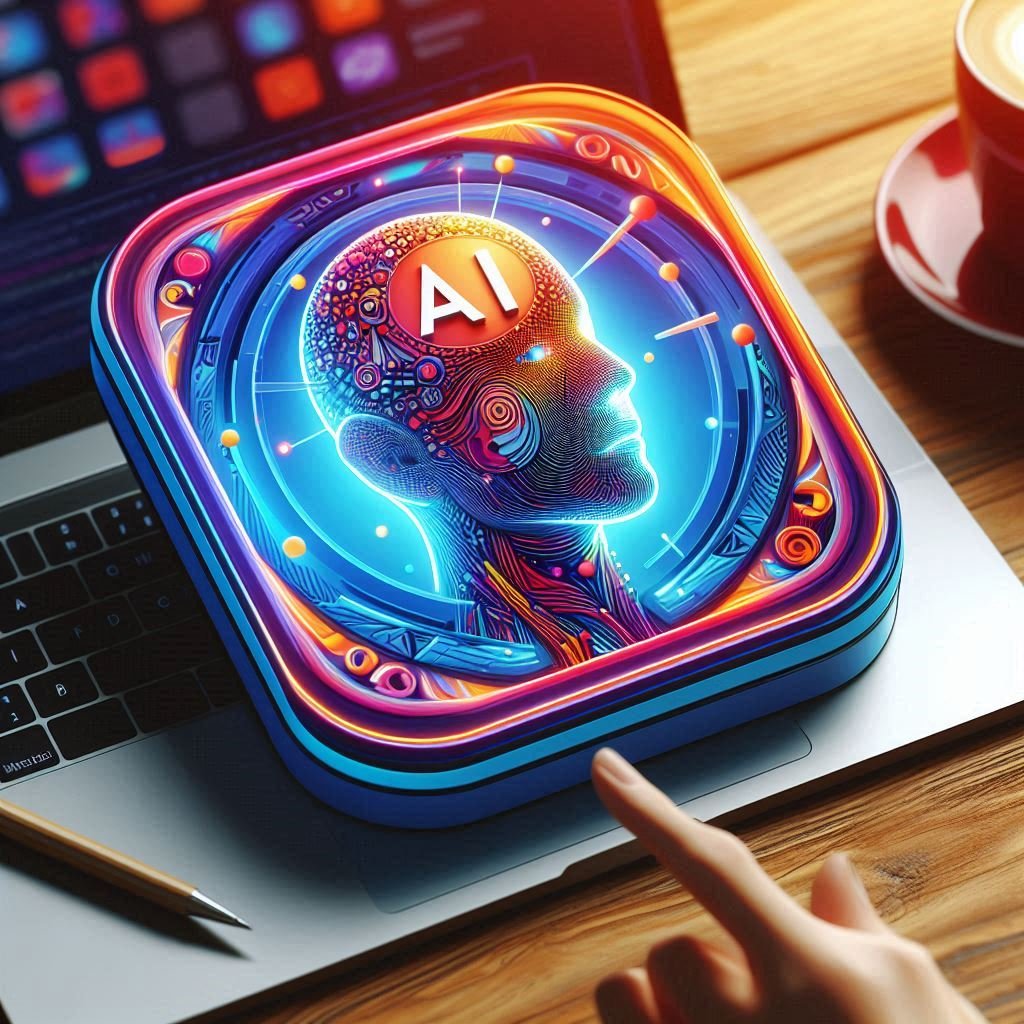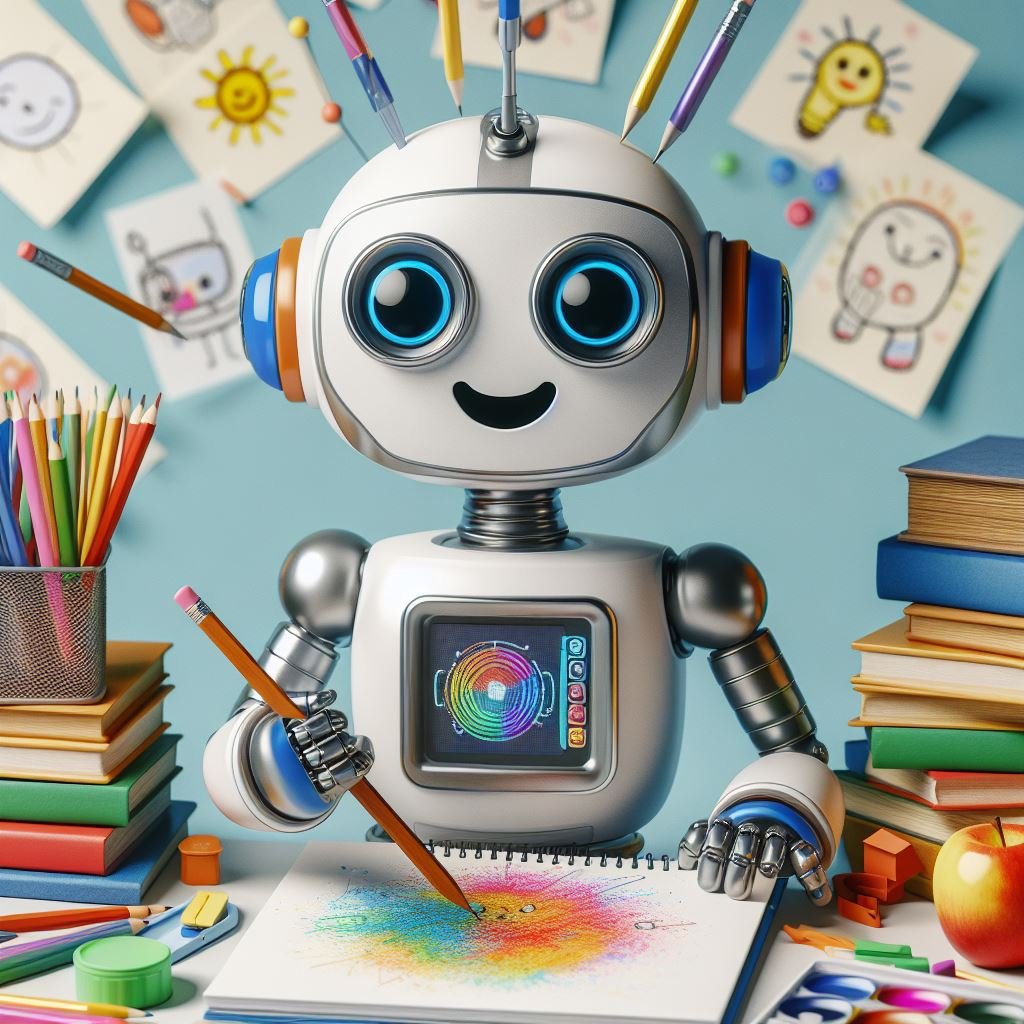Understanding AI In content Creation
In this blog, we’ll Talk about The Benefits of AI in Content Creation. Artificial Intelligence (AI) has become a cornerstone of modern content creation strategies. At its core, AI refers to the simulation of human intelligence processes by machines, particularly computer systems. Over the years, AI has evolved dramatically, expanding its capabilities and applications within various industries, including content creation.
One of the primary AI technologies employed in content creation is Natural Language Processing (NLP). NLP enables machines to understand, interpret, and generate human language in a meaningful and contextually relevant way. By leveraging NLP, content creators can automate the drafting of articles, blogs, and other written materials, ensuring consistency in tone and style while significantly reducing the time required for manual writing tasks.
Machine learning, another critical component, involves training algorithms to improve their performance over time based on data inputs. In content creation, machine learning algorithms analyze vast amounts of existing content to identify patterns and trends. This analysis allows these algorithms to make informed decisions about the type of content that will resonate most with a target audience, ultimately enhancing engagement and effectiveness.
Generative algorithms represent a more advanced form of AI used in content creation. These algorithms can produce entirely new content by learning from existing data sets. For example, AI tools for content creation like OpenAI’s GPT-3 can generate high-quality text that is virtually indistinguishable from that written by humans. This capability allows content creators to scale their efforts, producing more material in less time without sacrificing quality.
When combined, these AI technologies create a powerful ecosystem that streamlines the content creation process. NLP interprets and generates text, machine learning optimizes content strategies, and generative algorithms produce new material. Together, they make content creation more efficient and effective, enabling businesses to stay competitive in an increasingly digital landscape.

Enhanced Efficiency and Productivity
Artificial Intelligence (AI) has revolutionized the domain of content creation, significantly enhancing efficiency and productivity. The integration of AI tools for content generation automates various repetitive tasks, thereby streamlining the entire process. One of the most notable benefits is the automation of keyword research. AI algorithms can swiftly analyze vast datasets to identify pertinent keywords and trending topics, which would otherwise consume several hours if done manually. This rapid analysis allows content creators to focus on crafting more refined and engaging content.
Additionally, AI tools facilitate topic generation by scanning a multitude of sources to propose relevant and timely themes. These tools can generate a list of potential topics based on current trends, audience preferences, and historical data. This automated approach not only saves time but also ensures that the content produced is aligned with the audience’s interests and the latest industry developments.
AI’s capability extends to drafting initial content, a feature that has proven to be a game-changer. Through natural language processing (NLP), AI can produce coherent and contextually appropriate drafts. This initial draft provides a solid foundation upon which human writers can build, significantly reducing the time and effort required to produce high-quality content. Real-world examples illustrate the efficacy of AI in this regard. For instance, major media organizations have adopted AI to produce news articles and reports swiftly, freeing up human journalists to engage in investigative reporting and in-depth analysis.
By automating these foundational tasks, AI tools enable human writers to concentrate on more creative and strategic aspects of content creation. This symbiotic relationship between AI and human ingenuity not only enhances productivity but also elevates the overall quality of the content produced. As AI continues to evolve, its role in content creation strategies is expected to expand, further optimizing the efficiency and productivity of content creators.
Artificial Intelligence (AI) has revolutionized the realm of content creation, particularly in the sphere of personalization. By analyzing vast amounts of user data and behavior, AI can facilitate the creation of highly tailored content experiences. AI algorithms are capable of segmenting audiences with unprecedented precision, allowing content creators to target specific user groups based on their unique needs and preferences.
For instance, AI-driven content creation tools can examine users’ browsing history, purchase behavior, and interaction patterns to predict what type of content they might find engaging. This allows for a more targeted approach, ensuring that the content delivered is relevant and valuable to each user. Consequently, such precision in content delivery significantly boosts user engagement and conversion rates.
Several companies have successfully implemented AI-driven personalization strategies with remarkable outcomes. Netflix, for example, utilizes sophisticated AI algorithms to recommend shows and movies based on individual viewing habits. This tailored approach has led to increased viewer retention and satisfaction. Similarly, Amazon employs AI to provide personalized shopping experiences, suggesting products that align with the user’s past purchases and browsing history, which has substantially elevated their sales and customer loyalty.
Another noteworthy example is Spotify, which uses AI to curate personalized playlists for its users. By analyzing listening habits, Spotify’s AI can recommend music that aligns with users’ preferences, enhancing their overall experience on the platform. This level of personalization has contributed to Spotify’s massive user base and high engagement rates.
Overall, the integration of AI in content creation strategies not only enhances personalization but also drives significant improvements in user engagement and conversion metrics. By leveraging AI tools for content personalization, companies can deliver more relevant and compelling experiences to their audience, ultimately fostering stronger connections and achieving better business outcomes.

Data-Driven Insights and Performance Optimization
In the evolving landscape of content creation, leveraging AI tools for content has become a game-changer, particularly in the realm of data-driven insights and performance optimization. By harnessing the power of AI, businesses can gather and analyze vast amounts of data, providing valuable insights into how their content is performing. This approach allows for a more precise understanding of key performance indicators (KPIs) such as engagement rates, click-through rates, and conversion rates.
AI-driven analytics tools can track these KPIs in real-time, offering a granular view of how content resonates with audiences. For instance, by analyzing engagement rates, businesses can determine which types of content are most effective in capturing audience attention and driving interaction. Similarly, tracking click-through rates helps identify the content pieces that successfully lead users to take desired actions, such as visiting a website or making a purchase.
Moreover, AI tools for content creation can pinpoint trends and patterns that may not be immediately apparent through manual analysis. This capability enables businesses to refine their content strategies continually. For example, if data reveals that video content garners higher engagement compared to written articles, a company might shift its focus towards producing more video content. Additionally, by understanding conversion rates, businesses can tailor their content to better align with their target audience’s preferences and behaviors, ultimately driving higher conversion rates and achieving business goals more effectively.
In essence, the integration of AI in content creation not only streamlines the process of gathering and analyzing data but also empowers businesses to make informed decisions. These insights ensure that content remains relevant, engaging, and effective, fostering a more strategic and results-oriented approach to content marketing. By leveraging AI’s capabilities, businesses can stay ahead in the competitive landscape, continually optimizing their content strategies to meet and exceed audience expectations.

